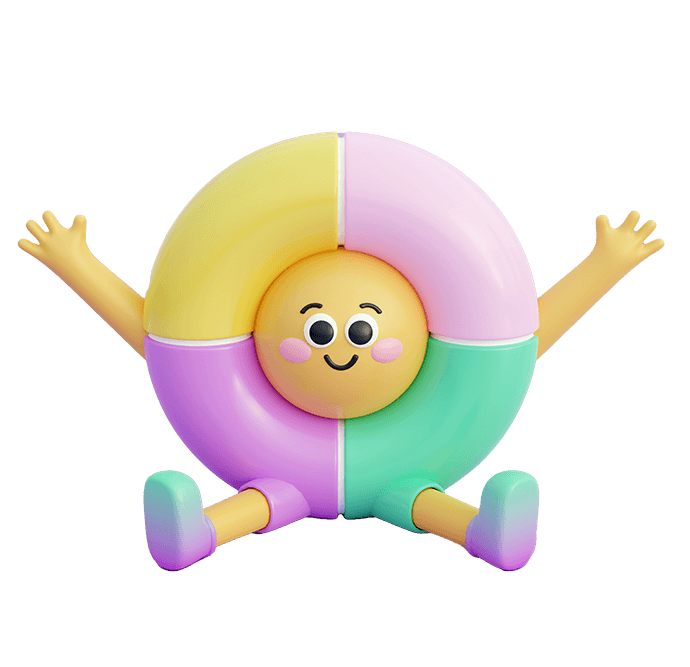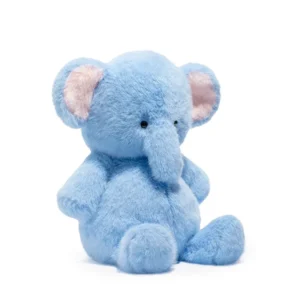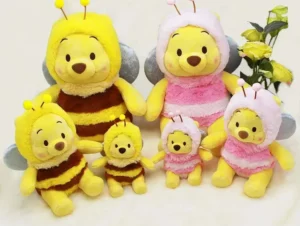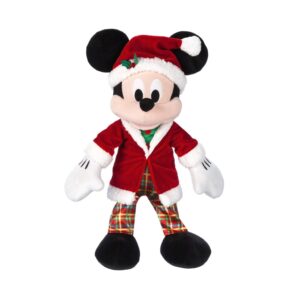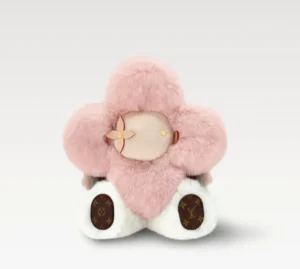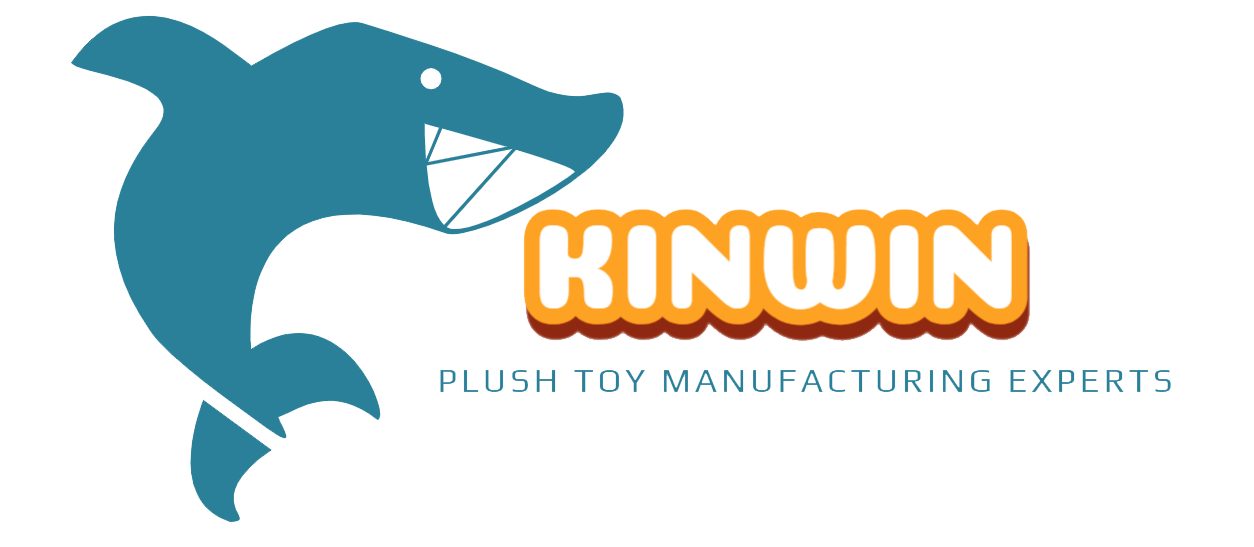Got a mountain of plush toys collecting dust in your kid’s room, making you feel like you’re one teddy away from starring in a hoarding show? Donating those cuddly critters isn’t just a decluttering hack—it’s a way to put huge smiles on kids’ faces and keep toys out of the trash. Donate plush toys to local shelters, children’s hospitals, or charities like Goodwill and Salvation Army after washing them and ensuring they’re gently used. Picture a little kid in a foster home hugging your donated bunny, feeling safe for the first time in ages. Ready to play Santa and spread some plushie love? Grab a snack, and let’s dive into the ultimate, no-stress guide to donating plush toys like a pro!
What Are the Benefits of Donating Plush Toys?
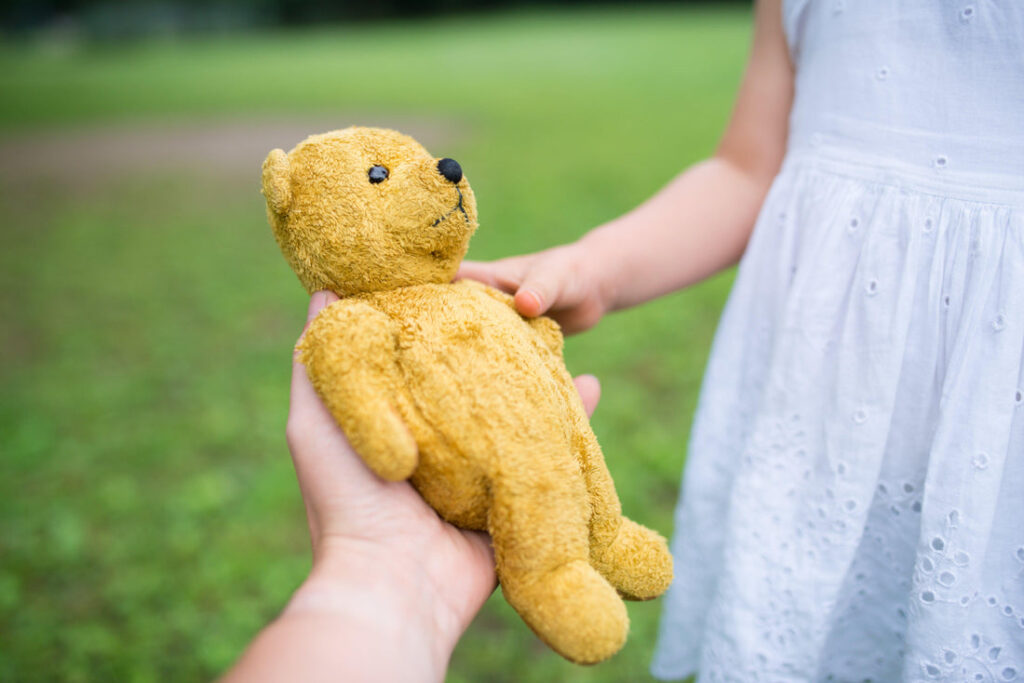
Donating plush toys comforts kids emotionally and cuts landfill waste. It’s a feel-good move for communities and the planet.
Why Plushie Donations Rock
How Do Plush Toys Boost Kids’ Happiness?
For kids in tough spots—like shelters or hospitals—a plush toy is like a hug in stuffed form. Research from 2023 shows cuddly toys reduce anxiety by 40% in kids facing trauma, giving them a sense of security. Your old dino could be a kid’s new hero.
What’s the Eco-Friendly Win?
Donating keeps toys out of landfills, where 85% of discarded toys end up, per a 2024 EPA report. It extends their life cycle, saving resources. Our factory’s eco-friendly plushies are made to last, making them prime for donation.
Why Donate Instead of Chuck?
Tossing gently used toys wastes materials and adds to pollution—landfills don’t need more stuffed pandas. Donating gives toys a second shot at love. In 2024, toy donations diverted 12 million pounds of waste, per charity stats.
Who Gets the Most Out of Donations?
Kids in foster care, hospitals, or low-income families benefit big-time. Charities say 75% of donated toys go to kids under 12, creating joy and memories. Our factory crafts plushies that light up faces in these communities.
Are There Social Perks Too?
Donating builds community vibes, connecting you with local causes. It’s a chance to teach kids about giving back. Our factory supports this by making plushies that are donation-ready and kid-approved.
Critical Perspective: Is Donating Always the Top Choice?
Some argue selling toys could raise cash for other needs, like food or school supplies. But the emotional boost and eco-benefits of donating often outweigh the bucks, especially for kids in crisis. Our factory’s durable plushies ensure donations make a lasting impact.
| Benefit | Why It Matters |
|---|---|
| Emotional Comfort for Kids | Plush toys help reduce anxiety and provide security—like a hug they can hold. |
| Reduces Landfill Waste | Extends the life of toys; cuts back on the 85% of toys that end up in landfills. |
| Supports Vulnerable Children | Donated toys go to kids in hospitals, shelters, foster care, and low-income homes. |
| Eco-Friendly Impact | Reuse saves energy, water, and raw materials needed to produce new toys. |
| Community Engagement | Encourages empathy, teaches giving, and connects donors with local causes. |
| Good Alternative to Selling | Emotional and social benefits often outweigh minor financial gains. |
Which Organizations Accept Plush Toy Donations?
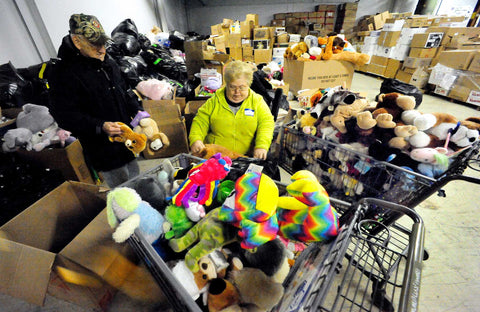
Goodwill, Salvation Army, local shelters, and children’s hospitals accept clean, gently used plush toys. Always check their specific rules.
Picking the Perfect Donation Spot
What Big-Name Charities Want Plushies?
Goodwill and Salvation Army take gently used plush toys, either reselling or giving them to kids in need. Ronald McDonald House collects for hospital families. These groups handled 6 million toy donations in 2024, per their reports.
Which Local Groups Are Down for Plush Toys?
Women’s shelters, foster care agencies, and children’s hospitals in your area often need plushies. Many post wish lists online or at community centers. Our factory partners with local charities to get plushies to nearby kids.
Are There Crisis-Specific Organizations?
Groups like Stuffed Animals for Emergencies (SAFE) focus on kids in disasters or emergencies, like fires or floods. They distributed 60,000 plush toys in 2024, bringing comfort during chaos. Our plushies are built to meet their standards.
What Do These Places Look For?
Here’s a quick rundown:
| Organization Type | Requirements | Notes |
|---|---|---|
| National Charity | Clean, no rips, gently used | May resell or distribute |
| Local Shelter | Like-new, no stains or odors | Often need immediate use |
| Hospital | New or like-new, hypoallergenic | Strict hygiene rules |
Our factory’s washable, high-quality plushies check all these boxes.
How Do You Confirm They Accept Toys?
Call or check their website—some places only take new toys or have size limits. Our factory’s plushies come with clear care tags, making it easy for charities to assess them.
Critical Perspective: Do All Charities Use Donations Well?
Some charities sell toys for profit instead of giving them to kids, which can feel like a bummer. Dig into their mission to ensure your plushies reach children directly. Our factory’s donation-ready plushies are crafted to meet the strictest charity guidelines.
How Do You Prepare Plush Toys for Donation?
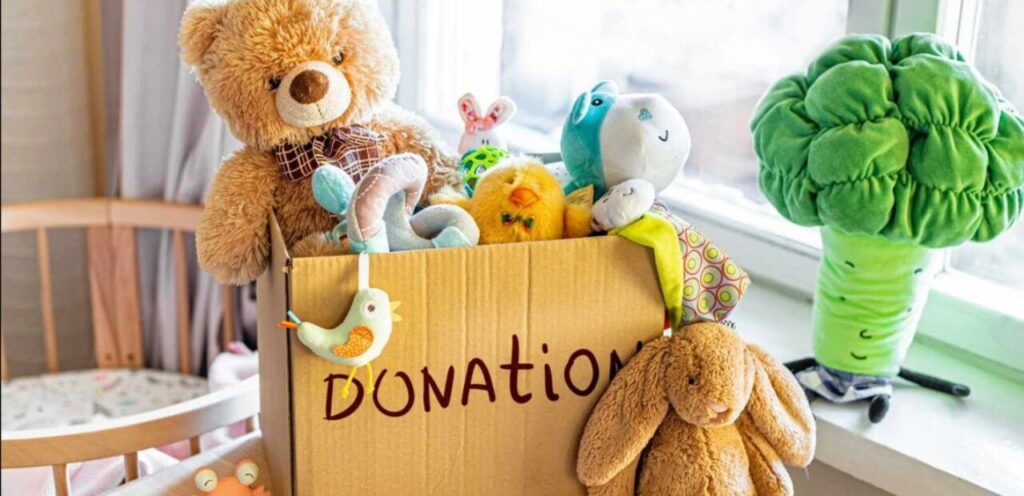
Wash plush toys with mild detergent, check for damage, and pack in clear bags. This ensures they’re ready for kids.
Getting Your Plushies Donation-Perfect
How Do You Clean Plush Toys Right?
Hand-wash with eco-friendly detergent like Seventh Generation or machine-wash on a gentle cycle, then air-dry. Spot-clean stains with baking soda paste. Our factory’s washable plushies make cleaning a snap. Check this guide:
| Step | Action | Pro Tip |
|---|---|---|
| Washing | Cold water, mild detergent | Skip bleach to save colors |
| Stain Removal | Baking soda paste, 10-min soak | Test on a hidden spot first |
| Drying | Air-dry, reshape while damp | Avoid sun to prevent fading |
What Condition Do Toys Need to Be In?
Charities want plushies free of tears, stains, pet hair, or musty smells. Missing eyes or worn fur usually get a pass. Our factory’s durable fabrics keep plushies looking like-new, even after heavy play.
How Do You Pack and Drop Off?
Put clean plushies in clear plastic bags or boxes, labeled “toys” for easy sorting. Drop off at donation centers, or schedule pickups with groups like Salvation Army. Our factory includes care tags to help charities process fast.
What If a Plushie’s a Little Beat-Up?
Fix small tears with a needle and thread; wash out minor stains. If it’s too far gone, consider recycling. Our factory’s eco-friendly materials are recyclable, even for worn-out toys.
Can You Donate New Plushies Too?
Hospitals and crisis groups often prefer brand-new toys for hygiene. Our factory’s affordable, sustainable plushies are perfect for bulk donations to these causes.
Critical Perspective: Is Prep Too Much Work?
Some think a quick dust-off’s enough, but charities toss dirty or damaged toys, wasting your effort. Proper prep guarantees acceptance and safety for kids. Our factory’s easy-clean plushies make this step quick and painless.
Where Can You Find Donation Opportunities Near You?
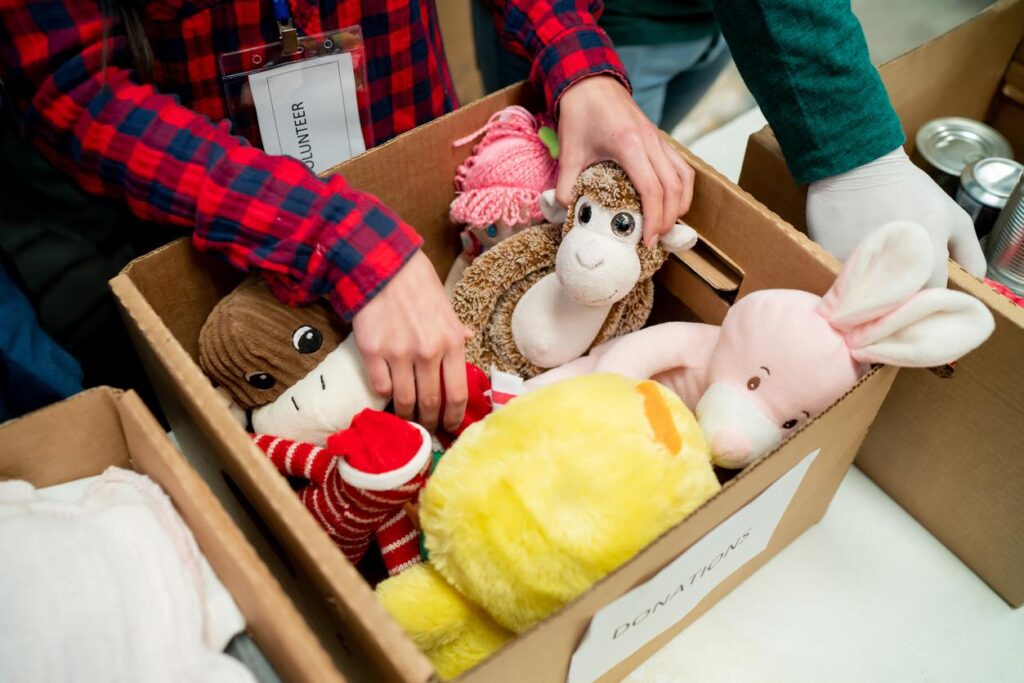
Look for local shelters, hospitals, or use online tools like DonationTown to find plush toy donation sites. Community drives are great too.
Tracking Down Donation Spots
How Do You Find Local Shelters or Hospitals?
Check websites or call women’s shelters, foster care agencies, or children’s hospitals near you. Many list toy needs online or on bulletin boards. Our factory works with local groups to connect donors with nearby kids.
What Online Tools Are Game-Changers?
DonationTown.org, GiveWell, or CharityNavigator link you to local charities accepting plushies. Apps like Freecycle or OfferUp list free toy giveaways. In 2024, these platforms drove 2.5 million toy donations, per user data.
Are Community Drives a Good Bet?
Schools, churches, or libraries often host toy drives, especially during holidays like Christmas. Scan Nextdoor or local Facebook groups for pop-up events. Our factory supplies plushies to these drives, spreading joy locally.
How Do You Make Sure It’s Legit?
Verify the organization via their website or a quick call—ask if toys go to kids. Avoid random drop-off bins; some resell instead of donate. Our factory’s trusted charity partnerships ensure plushies reach the right hands.
What If You Can’t Find a Spot?
Host your own mini-drive via community boards or neighbors. Our factory’s high-quality plushies are ideal for grassroots efforts, ensuring every donation shines.
Critical Perspective: Is Local Donating the Best Move?
Local donations feel personal and let you see the impact, but national charities have bigger networks. Local spots might not always need toys, so you might drive around for nothing. Our factory’s plushies work for both, giving you flexibility.
| Source | What to Look For |
|---|---|
| Local Shelters & Hospitals | Call or visit websites of women’s shelters, foster agencies, and children’s hospitals. |
| Online Tools & Directories | Use platforms like DonationTown.org, GiveWell, or Freecycle. |
| Community Drives | Check schools, churches, libraries, or community centers (especially during holidays). |
| Social Platforms | Scan local Facebook groups, Nextdoor, or OfferUp for local donation events. |
| Verified Nonprofits | Always confirm where toys go; avoid unmarked bins that might resell items. |
| DIY Donation Drive | Host your own drive with neighbors or local bulletin boards if no options nearby. |
What Are Alternative Ways to Donate Plush Toys?
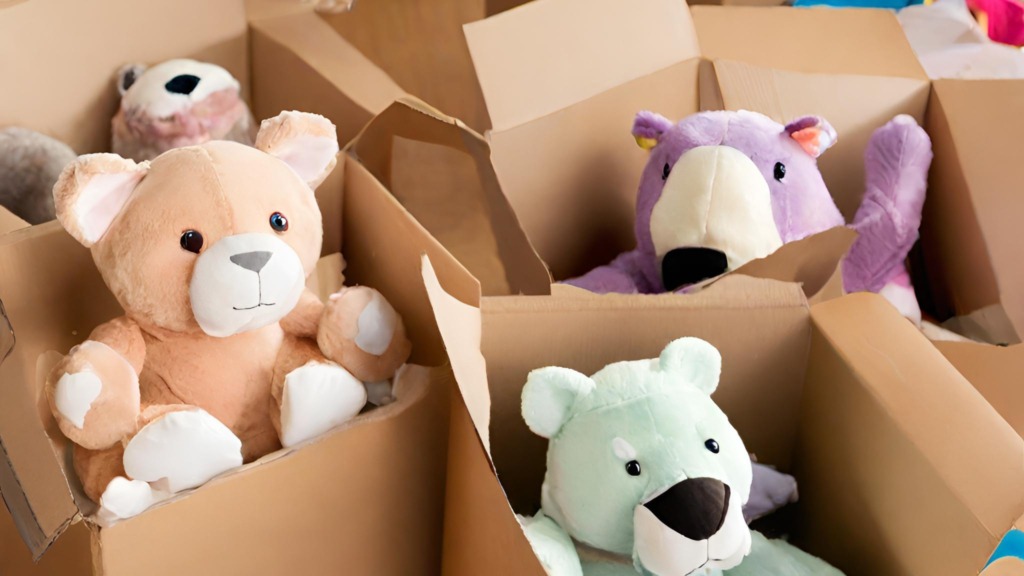
Give plush toys directly to families, post on social media, or donate to upcycling programs. These personalize or repurpose your donation.
Thinking Outside the Donation Box
How Do You Donate Straight to Families?
Join local Buy Nothing groups or parenting forums to offer plushies to families in need. It’s direct, and you see the smiles. Our factory’s kid-friendly plushies make these gifts extra meaningful.
What’s the Social Media Angle?
List toys for free on Facebook Marketplace, Instagram, or community boards like Reddit’s local subs. In 2024, 35% of toy donations happened via social media, per community surveys, connecting donors with grateful recipients.
Can You Upcycle or Recycle Plushies?
If toys are too worn for kids, donate to programs like TerraCycle, which recycles fabrics, or local artists who turn plushies into crafts. Our factory’s eco-friendly materials are perfect for these sustainable options.
Are Non-Charity Groups an Option?
Schools, daycares, or libraries might take plushies for play areas. Animal shelters use them to comfort pets. Our factory’s durable plushies hold up in these unique settings.
How Do You Avoid Scams or Misuse?
Vet recipients by checking profiles or meeting in public. For upcycling, confirm the program’s legit—some “recyclers” just dump. Our factory’s plushies are built to shine in any donation scenario.
Critical Perspective: Are Alternative Methods Worth It?
Direct or social media donations are personal but can be inconsistent—some folks might flip your toys for cash. Upcycling’s eco-cool but niche. Our factory’s versatile plushies make any method work, letting you choose what vibes with you.
| Alternative Donation Method | How It Works | Key Tips |
|---|---|---|
| Direct to Families | Use Buy Nothing groups, parenting forums, or word-of-mouth | Choose local families, and hand off in person if possible |
| Social Media Giveaways | Post on Facebook Marketplace, Instagram, Reddit, or Nextdoor | Add clear photos, write “Free – for donation,” and vet profiles if needed |
| Upcycling/Recycling Programs | Donate to fabric recyclers like TerraCycle or artists who repurpose toys | Check for certifications or past project reviews to confirm legitimacy |
| Schools, Daycares, Libraries | Drop off clean toys for classroom or storytime use | Call ahead—some places have hygiene policies |
| Animal Shelters | Donate well-loved plushies to comfort pets in shelters | Avoid toys with hard plastic parts or electronic components |
Conclusion
Donating plush toys is like spreading pockets of happiness—clearing your clutter, bringing joy to kids, and giving Mother Earth a break by keeping toys out of landfills. Whether you’re dropping off at a local hospital, posting on a community page, or recycling worn-out plushies, this guide’s packed with pro tips to make your donations pop. At Kinwin, we’re stoked to craft eco-friendly, durable plush toys that are perfect for sharing love through donations. Ready to create custom plushies that are donation-ready or built to last? Reach out at [email protected] for a quote or to check out our sustainable lineup. Let’s keep the cuddly vibes flowing and make some kids’ days!

